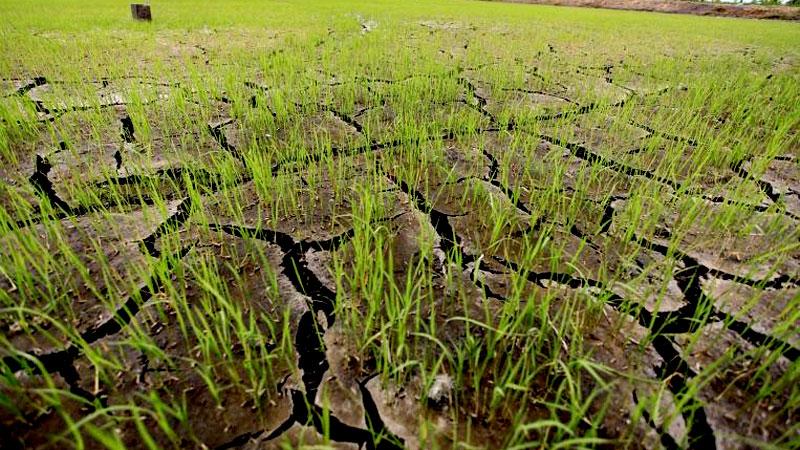
The prolonged drought has affected the agriculture sector. The government is taking measures to mitigate its effects and the private sector too could take certain steps to overcome such situations in the future.
“We are faced with an unprecedented drought which is one of the worst we have had during the past 40 years. In agricultural terms, a country which has agricultural crops such as paddy which is rain-fed and irrigated, gets badly impacted due to drought,” Ceylon Chamber of Commerce Chairman Samantha Ranatunga said. However, due to high production in the previous seasons and un-even demand, we had large quantities of rice which were stored in government stores and a part of which went bad due to poor storage conditions and finally had to be sold as animal feed, he said.
It is better if the government or government/private sector could have their own storage facilities.
“It is certain that we could bridge over, periods of shortage, if we have initiatives of this nature,” Ranatunga said. Policy changes need to be made for the private sector to be involved in areas such as grain storage. Due to the large sums of money, policy consistency will play a major role in the success of such programs As agriculture is an important segment in the economy, there needs to be long term plans for the sector.
“We need to move part of our land mass to higher revenue crops, for example pulses, horticultural products, spices etc. The government must have greater incentives for covered agriculture as it saves on water and can be weather independent. The youth in farming should be encouraged to use high-tech practices in agriculture,” he said.
“We have to focus on 3-4 alternative agriculture crops which will produce export revenue, as an alternative to tea, cashew, cinnamon, fruit and vegetable could be some of the alternative crops.
“Other than exceptional years such as 2016/17, we produce a glut of rice. Most of the rice decays as there is less demand. If we produce more palatable and export capable rice varieties, then we could be more competitive to export them to overseas markets,” he said.
The government should be prepared for a similar situation in the future and certain measures need to be taken. Gathering of market and weather intelligence, good storage facilities, financing an organized sector collectors, who would have concessionary financing on technological education rebates given to the youth are some of the measures to control such a situation.
